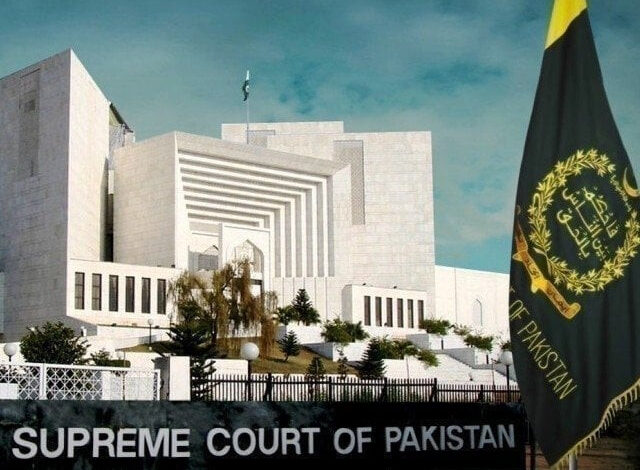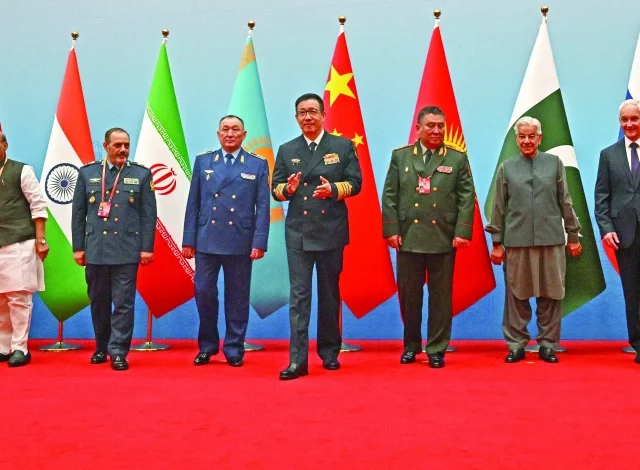
SC Urges Review of Nikahnama Form to Protect Women’s Marriage Rights
ISLAMABAD:
The Supreme Court of Pakistan has directed both the federal and provincial governments to review and revise the Nikahnama (marriage contract) form to make it more user-friendly and ensure it effectively protects the rights of both parties, particularly women.
A three-member bench of the apex court, led by Justice Syed Mansoor Ali Shah, observed that unless the Nikahnama form is revised comprehensively, even the commendable steps taken by the Punjab government would fall short of their intended objective—safeguarding women’s rights in marital contracts.
The court’s directive came through a 22-page judgment authored by Justice Athar Minallah in a family dispute case. The judgment pointed out that the current language used in the Nikahnama form, as prescribed under the Muslim Family Laws Ordinance of 1961 and its Rules, is ambiguous, making it difficult for ordinary citizens to fully understand.
The court recommended that the federal and provincial authorities remove vague expressions from the form and revise its structure so even literate individuals of average understanding can comprehend and complete it with ease. This, the bench emphasized, would help reduce disputes and litigation, while enhancing the legal protection of women in marital relationships.
It was further noted that while Nikah can be solemnised by individuals other than Nikah registrars, the role of the registrar is critical. Their competence, integrity, and understanding of legal responsibilities are vital in ensuring that marriage terms are properly recorded and that parties—especially brides—exercise their rights without coercion or misunderstanding.
In Punjab, the Punjab Muslim Family Laws (Amendment) Act, 2015, mandates Nikah registrars to fill in every column of the Nikahnama with specific answers provided by both the bride and the groom. Failure to fulfill this responsibility can lead to penalties, including imprisonment of up to one month and a fine of Rs25,000.
Justice Minallah praised the 2015 amendment, acknowledging its significance in empowering women and ensuring better protection against exploitation. However, he warned that without a complete overhaul of the Nikahnama form, the intended benefits might remain unrealised.
The judgment also stressed the importance of setting qualifications for those appointed as Nikah registrars and called for regular audits of the marriage records maintained by Union Councils. It further recommended training and performance evaluations for registrars to ensure they uphold the legal rights of individuals rather than succumb to cultural or societal pressures.
The Supreme Court has directed the Registrar Office to dispatch copies of the ruling to the Cabinet Secretary of Pakistan and the Chief Secretaries of all provinces for further action.
The court expressed hope that the competent authorities will act swiftly to enhance the legal safeguards around the Nikahnama, especially to protect brides who often remain vulnerable due to entrenched social and cultural norms.






